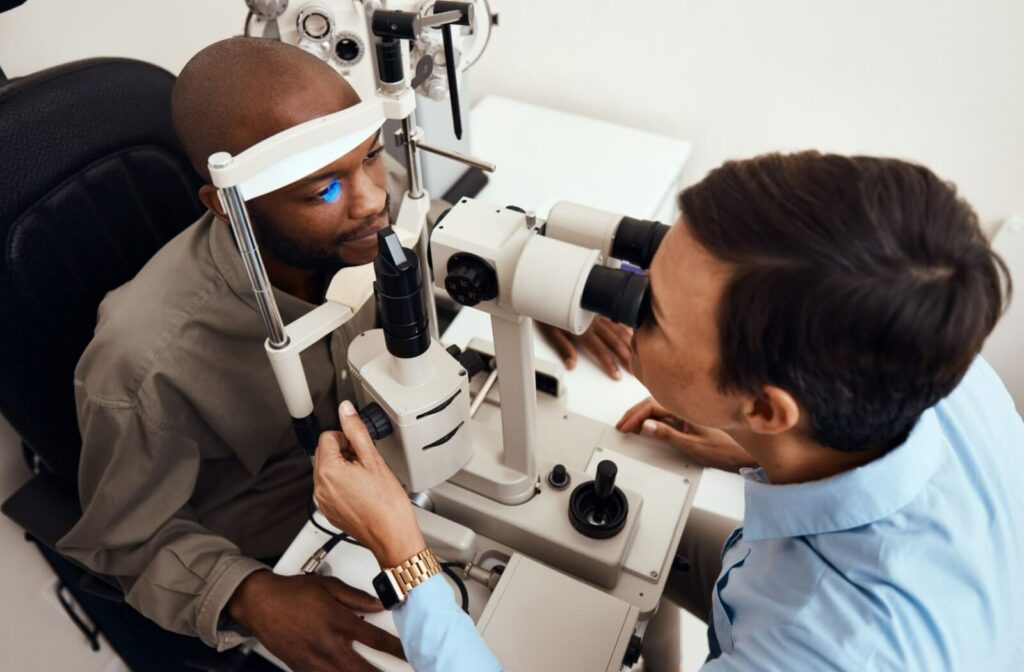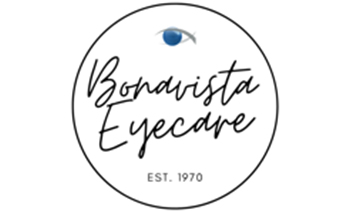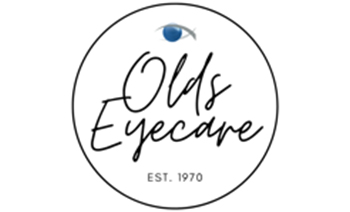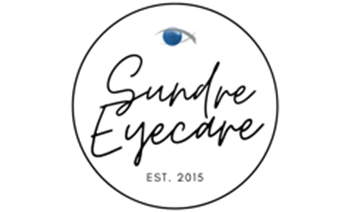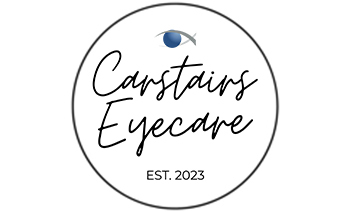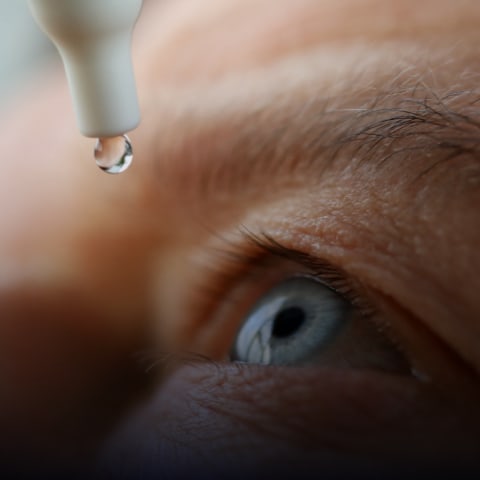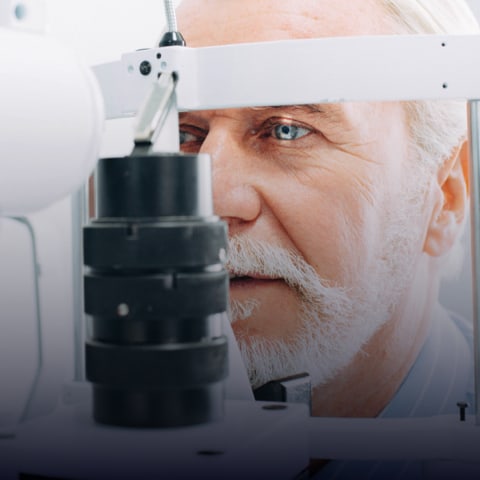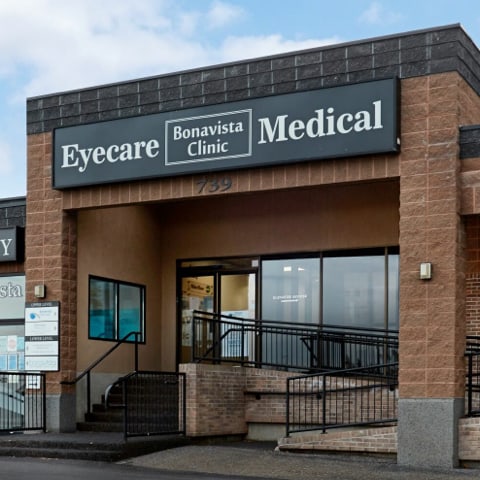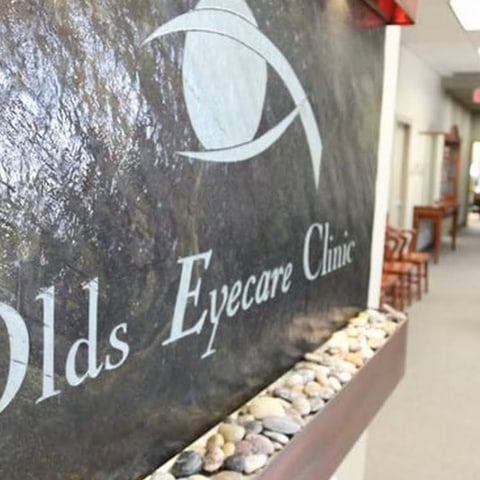Eye exams aren’t only for determining whether you need glasses—they’re also an important way to detect signs of eye disease. A comprehensive eye exam can also help you spot health problems that affect other areas of the body, including some that are potentially serious.
Comprehensive eye exams can detect a wide variety of eye diseases, like age-related macular degeneration, cataracts, detached retina, diabetic retinopathy, and glaucoma. They can also detect signs of diseases that affect more than just the eyes, like diabetes, high blood pressure (hypertension), certain neurological conditions, and even some forms of cancer.
Eye Exams vs. Sight Tests
Many people use the terms “eye exam” and “sight test” interchangeably, but there are important differences between the two. According to the Canadian Association of Optometrists, a “sight test” (like the ones offered by someOpticians) uses automated and computerised tools to calculate a prescription for your glasses or contacts.
Sight tests can’t reliably detect eye disease. Properly detecting eye disease (as well as other diseases that affect the eyes) requires a comprehensive eye exam performed by a licensed Optometrist.
Eye Diseases That Can Be Detected by Eye Exams
Age-Related Macular Degeneration
Age-related macular degeneration, or AMD, is the most common cause of vision loss in seniors. AMD occurs when the macula (the centre of the back of the eye) degrades over time, causing a blurred spot in the centre of your vision that can’t be fixed with glasses. Comprehensive eye exams can detect signs of AMD before any symptoms appear.
Cataracts
Cataracts occur when the lens of the eye becomes clouded, a condition that often arises as people age though they can also be cause by injury, certain medications and other health conditions. Early-stage cataracts may be treated with glasses, but more severe cataracts may require surgical correction.
Diabetic Retinopathy
Diabetic retinopathy occurs when complications from diabetes cause changes to the blood vessels in the retina (a thin layer at the back of the eye that contains light-detecting photoreceptors). These changes in the blood vessels then disrupt the retina, leading to a wide range of vision issues.
Glaucoma
Glaucoma is a degeneration of the optic nerve (the nerve connecting the eye to the brain) rather than a change in the structure of the eye itself. Glaucoma-related nerve degeneration can occur over long periods of time (sometimes several years!) before causing noticeable changes to your vision. This means that regular eye exams are the most effective way to spot and manage glaucoma.
Retinal Detachment
Retinal detachment is when the retina becomes detached from the back of the eye. This complicates the transfer of signals from the eye to the optic nerve, causing vision anomalies and potentially vision loss.

Other Diseases that Can Be Detected in Eye Exams
Diabetes
Diabetes can cause damage to the small blood vessels in your retina. Fortunately, this damage can be detected by a regular eye exam. With approximately half a million adult Canadians having undiagnosed diabetes, discovering signs of diabetic retinopathy during an eye exam may be the first indicator for many that they have diabetes.
High Blood Pressure (Hypertension) & Other Cardiovascular Diseases
Like diabetes, high blood pressure (hypertension) and other cardiovascular diseases can cause damage to blood vessels in the retina, as well as in other parts of the eye. Because high blood pressure often develops without immediate symptoms, and because the eye is the only part of the body where blood vessels can be viewed non-invasively, an eye exam can be an important tool for detecting and treating high blood pressure early.
Neurological Conditions & Brain Injuries
Since the eyes are connected directly to the brain (via the optic nerve), changes in brain function—including brain injuries—can often have effects which are visible in the eyes. For example, multiple sclerosis causes inflammation of the optic nerve, and this inflammation can be detected during a comprehensive eye exam.
In other cases, neurological conditions can affect the muscles that control eye movements. Disorders like Parkinson’s, Bell’s palsy, and transient ischemic attacks (strokes) can all affect the muscles controlling the eyes. Comprehensive eye exams can reveal any abnormal functioning of these muscles.
Eye Tumours
Comprehensive eye exams can also reveal the existence of tumours in the eyes, as well as in other parts of the body. One rare type of cancer, intraocular melanoma, develops inside the eye itself and can metastasize to the brain. Certain types of brain cancer may interfere with the optic nerve and eye muscles, and can be detected during eye muscle testing. According to BC Doctors of Optometry, the eye and its surrounding areas are one of the most common locations to detect skin cancer.
Keep An Eye On Your Health
Comprehensive eye exams aren’t just a good way to spot problems with your eyes—they can also be the first sign of other health problems, sometimes long before any symptoms develop. If you’re concerned about any of the conditions we’ve discussed, book a comprehensive eye exam at one of our Eyecare Clinics today!


